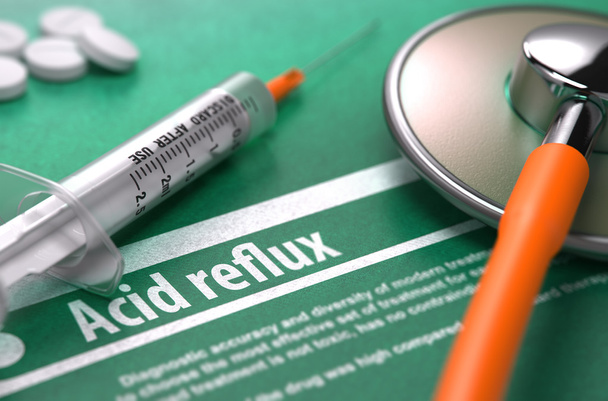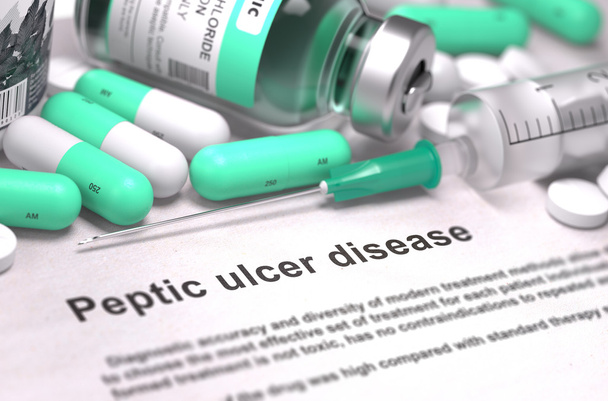Medically Reviewed by:
Name: Ezire Lilian Chinwe
Description: A highly motivated and licensed biomedical scientist with over 7 years of experience, dedicated to advancing healthcare through innovative research and analysis. Expertise includes genetics, microbiology, and immunology with a commitment to staying at the forefront of scientific advancements.
Effective Treatment for Peptic Ulcer Disease
Peptic ulcer disease, PUD, or peptic ulcer disease, is a widespread problem that impacts millions around the globe. It happens when sores or ulcers form on the stomach lining or upper small intestine. These ulcers cause discomfort and pain. If ignored, they may cause serious issues. However, proper treatment can offer relief and promote healing for those with PUD.
Understanding Peptic Ulcer Disease
Treating PUD (peptic ulcer disease) requires knowledge of its causes and symptoms. The main cause is a bacterium called Helicobacter pylori, or H. pylori, which lives in the stomach. Other factors, such as regular use of NSAIDs (nonsteroidal anti-inflammatory drugs) and too much stomach acid, play a role as well.

The Role of H. pylori
H. pylori is a common bacterium that can reside in the stomach lining without causing any symptoms. However, in some cases, it can lead to the development of peptic ulcers. Treating this bacterial infection is a crucial step in managing PUD effectively.
Treatment Peptic Ulcer Disease
There are several key approaches to managing this condition, and they often involve a combination of lifestyle changes, medication, and, in severe cases, surgery.
Lifestyle Modifications
- Dietary Changes: A well-balanced diet that avoids spicy foods and excessive caffeine can help reduce stomach irritation.
- Smoking Cessation: Smoking can aggravate peptic ulcers, so quitting this habit is highly recommended.
- Stress Management: High stress levels can increase stomach acid production, potentially worsening ulcers. Practicing relaxation techniques can be beneficial.
Medication
- Proton Pump Inhibitors (PPIs): These medications reduce stomach acid production, allowing ulcers to heal.
- Antibiotics: If H. pylori is present, a course of antibiotics is necessary to eradicate the infection.
- H2 Blockers: These drugs reduce stomach acid and promote ulcer healing.
Surgery In Rare Cases
- Surgical Intervention: Surgery may be required if complications like bleeding or perforation occur.
Conclusion
In conclusion, To treat peptic ulcer disease well, a complete plan is needed. This plan should tackle the main causes, control the symptoms, and help the healing process. Knowing how H. pylori bacteria affect the condition is important. Making changes to your habits and way of life is also part of the plan. If a doctor gives a treatment plan, it may involve taking medicine or, for serious ulcers, having surgery. It’s important to start treatment early and to follow the doctor’s advice closely to get better.
Frequently Asked Questions (FAQs)
1. Can peptic ulcers be cured completely?
While effective treatments exist, complete cure depends on various factors, including the underlying cause and individual health.
2. Are surgical interventions common for peptic ulcers?
Surgery is usually reserved for cases unresponsive to conservative treatments or in emergencies.
3. How important is it to eradicate H. pylori for ulcer treatment?
H. pylori eradication is crucial, as it addresses one of the primary causes of peptic ulcers.
4. Can lifestyle changes alone treat peptic ulcers?
Adopting a stomach-friendly lifestyle can aid in managing symptoms, but severe cases may require additional medical intervention.
5. What role does stress play in peptic ulcer development?
Stress can exacerbate ulcer symptoms, making stress management an essential aspect of treatment.
Sources:
Johns Hopskin’s Medicine www.hopkinsmedicine.org/health/treatment-tests-and-therapies/peptic-ulcer-disease-treatment
Mayo Clinic www.mayoclinic.org/diseases-conditions/peptic-ulcer/diagnosis-treatment/drc-20354229
Medically Reviewed by:
Name: Ezire Lilian Chinwe
Description: A highly motivated and licensed biomedical scientist with over 7 years of experience, dedicated to advancing healthcare through innovative research and analysis. Expertise includes genetics, microbiology, and immunology with a commitment to staying at the forefront of scientific advancements.









